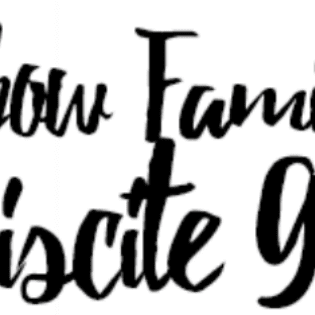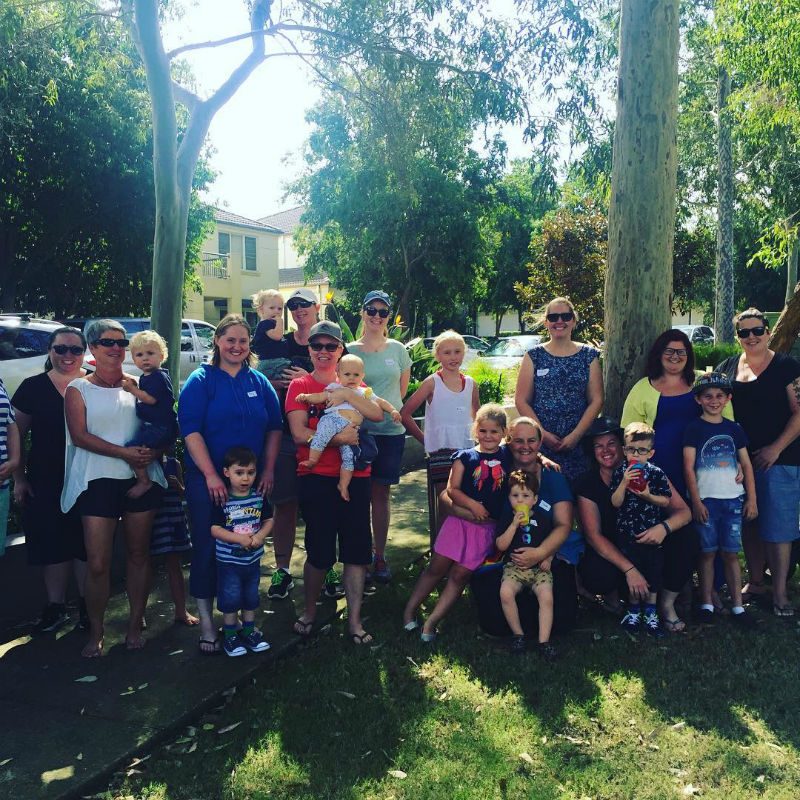A new report ‘Surrogacy Matters’ examines the regulatory and legislative aspects of international and domestic surrogacy arrangements for LGBTI families.
On Tuesday, The House of Representatives Standing Committee on Social Policy and Legal Affairs presented a report titled Surrogacy Matters.
The report is the result of an inquiry into the regulatory and legislative aspects of international and domestic surrogacy arrangements. Ten recommendations that arose from the inquiry are outlined in the report.
One contribution from the New South Wales Gay and Lesbian Rights Lobby (NSW GLRL) highlighted the diverse range of views within the LGBTIQ communities on issues around surrogacy and the appropriate regulatory or legislative scheme.
The submission made by the GLRL presents several ‘key principles’ that the organisation views as critical to the regulatory and legislative aspects of international and domestic surrogacy.
GLRL Co-convenor Lauren Foy said, “These guiding principles elucidate the need for an empirically-based, human rights-aligned and workable response to regulating surrogacy in Australia which prioritises the best interests of children, but also protects the rights of surrogate mothers and intended parents.”
Foy also spoke on how regulation and legislation reform progress of surrogacy in Australia needs to align with “lesbian and gay rights as well as the expectations of the broader community.”
The GLRL’s submission also noted that there is an inadequacy of information surrounding surrogacy in Australia.
“Many community members are unsure of their rights and responsibilities when considering a surrogacy arrangement," said Co-convenor Chris Pycroft.
Pycroft went on to suggest that providing accessible community education for individuals considering surrogacy is essential for any reform to be effective.
To combat the discriminatory provisions relating to gender, marital status and sexual orientation that the GLRL and other participants highlighted, the report suggests that the Australian government moves towards a model national that that clear the way for altruistic surrogacy.
The report did not chance Australia’s current stance on commercial surrogacy. It recommended that commercial surrogacy remain illegal in the country and a taskforce be developed to address Australians entering offshore surrogacy arrangements.
The GLRL agreed with this move and stated, “Evidence is clear that extra-territorial offences for engaging in commercial surrogacy have not worked to deter Australians from travelling overseas to use surrogacy services.”
It is recommended that legislation is introduced to amend the Migration Act of 1958 for stricter screening to ensure Australian and international surrogacy laws are not breached while people are outside Australia.
The report states that without a credibly enforced consistent national ban, “Australians will continue to use offshore commercial surrogacy services.”



